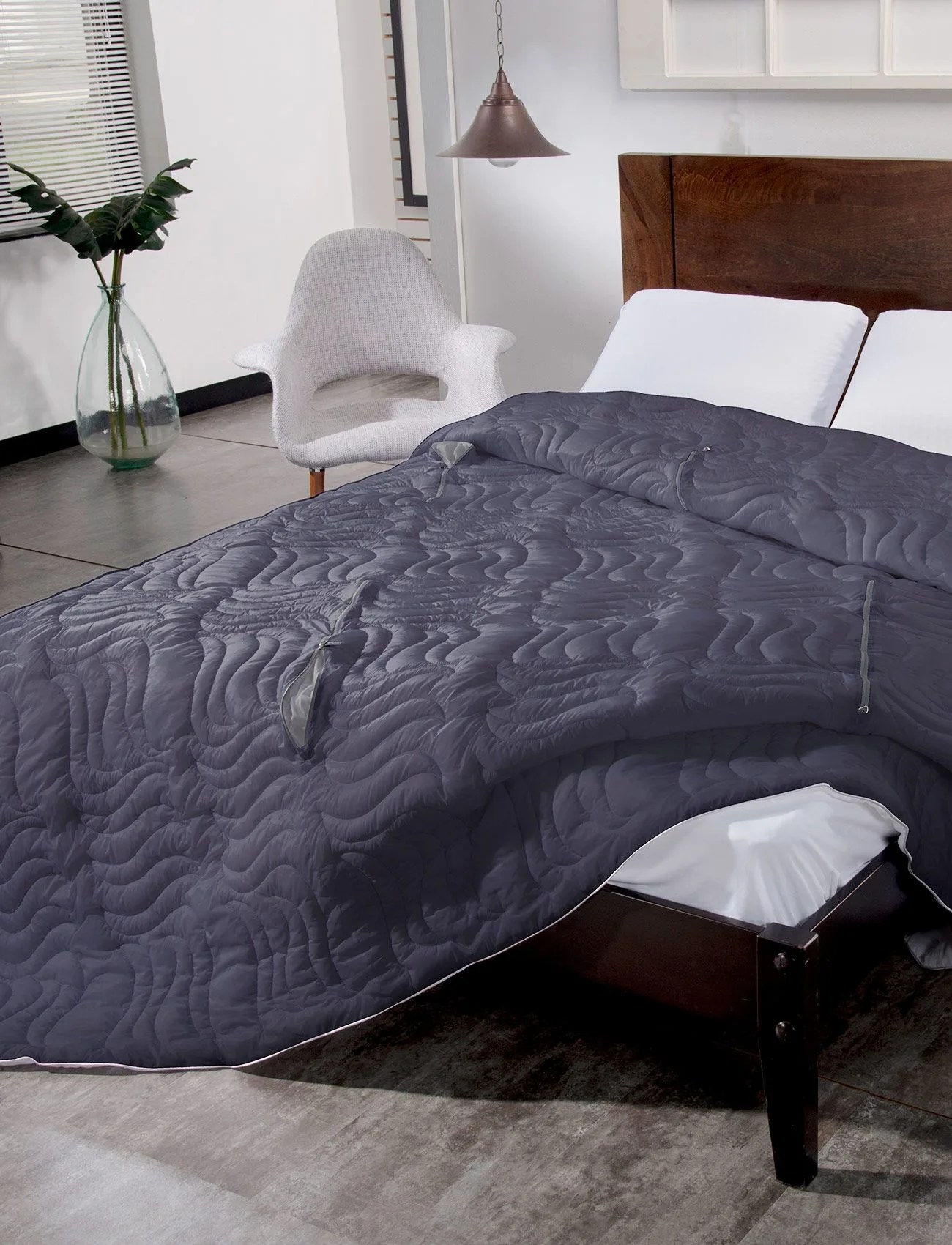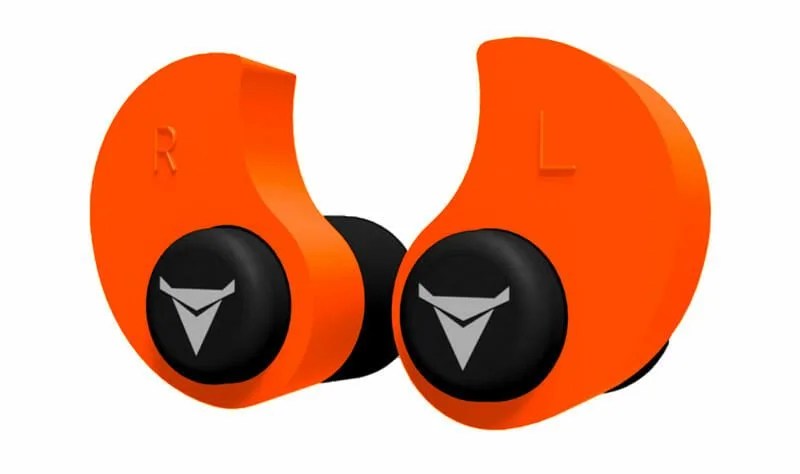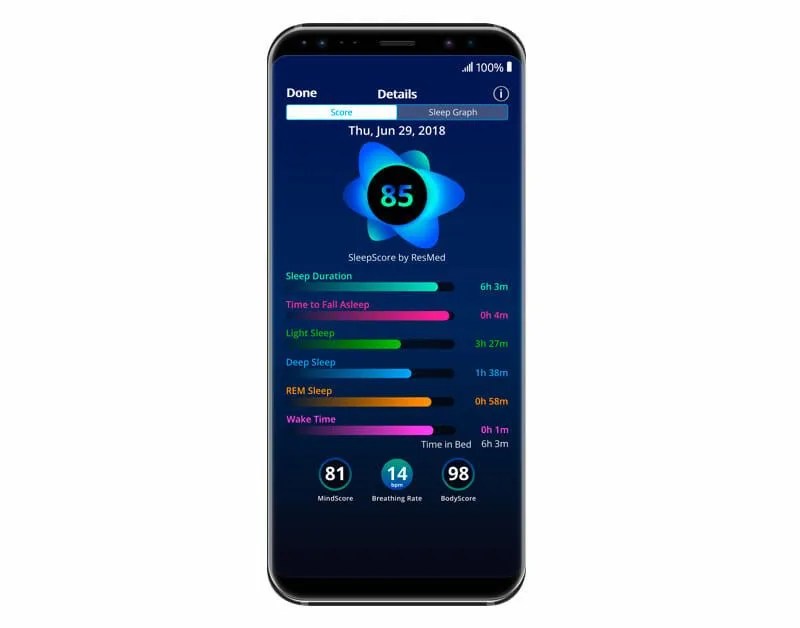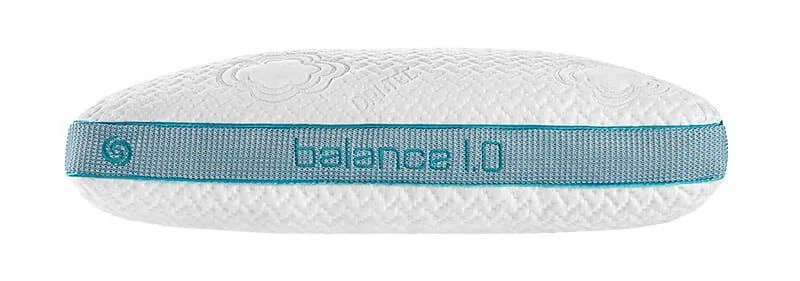When Geraint Thomas packed his bags for the Tour de France this year, he didn’t just take a boatload of spandex. He also packed his pillow. How quaint.
It’s not news that the best athletes in the world spend just about every waking moment thinking about performance. Everything from what they eat to how they train and where they live can make the minute difference between sporting immortality and mediocrity. What we often don’t consider, is how the time they’re asleep might also make a difference. When every second counts, making the most of the 8-12 hours you’re in bed every night makes sense. That’s why Thomas packed his pillow (along with sheets and a mattress) on his way to winning the Tour de France.
Sleeping is, literally, the last thing many of us think about, and that is especially true when it comes to performance. But, as Suraj Achar, professor of Family Medicine at UC San Diego and practicing doctor of Sports Medicine told me, “Sleep is directly correlated with performance.” Whilst mere mortals might get by on six hours a night, Lebron James and Lionel Messi reportedly count on twice that. Not all of us can spend 50 percent of our lives napping, but we would probably perform better if we did.
A few hours of extra sleep might not have the entire Camp Nou singing your name, but it can make a huge difference in athletic performance. Research conducted at Stanford University shows that, when students on the Stanford University men’s varsity basketball team had a minimum goal of ten hours in bed each night, free throw and field goal percentages both increased by nine percent. They also decreased their 282-foot sprint time from 16.2 seconds to 15.5 seconds. Achar told us that a lack of sleep can result in increased reaction time, decreased sprint performance, decreased glycogen storage and a higher risk of injury. In studies on doctors working long shifts, staying up for 18 hours has shown similar detrimental impacts to being legally drunk. Multiple studies also show that a lack of sleep leads to poor diet choices and weight gain. In short, being tired is for losers.
Sleep benefits are not just short-term either. Achar described a “sleep debt” that can be built up over one or two weeks, resulting in a gradually decreasing performance. Over time, this sleep debt can result in higher rates of injury and decreased performance. Knowing this allowed the US Olympic team in Rio to book swimmers into two entire floors of a hotel where they could sleep until the late afternoon in order to recover from late races and post-race ceremonies that often had them in bed as late as 3 AM. This meant that over several days of competition their relative performance improved against their sleep-deprived competition.
Unhealthy sleep habits can also shorten careers. One survey showed that MLB players who got the least sleep were nearly half as likely as those who got the most to remain in the league over a five-year period. Combine this with the weight gain and likelihood of repetitive strain injuries associated with sleep deprivation, and you have a recipe for early retirement.
So, how can we manipulate sleep for performance gains?






